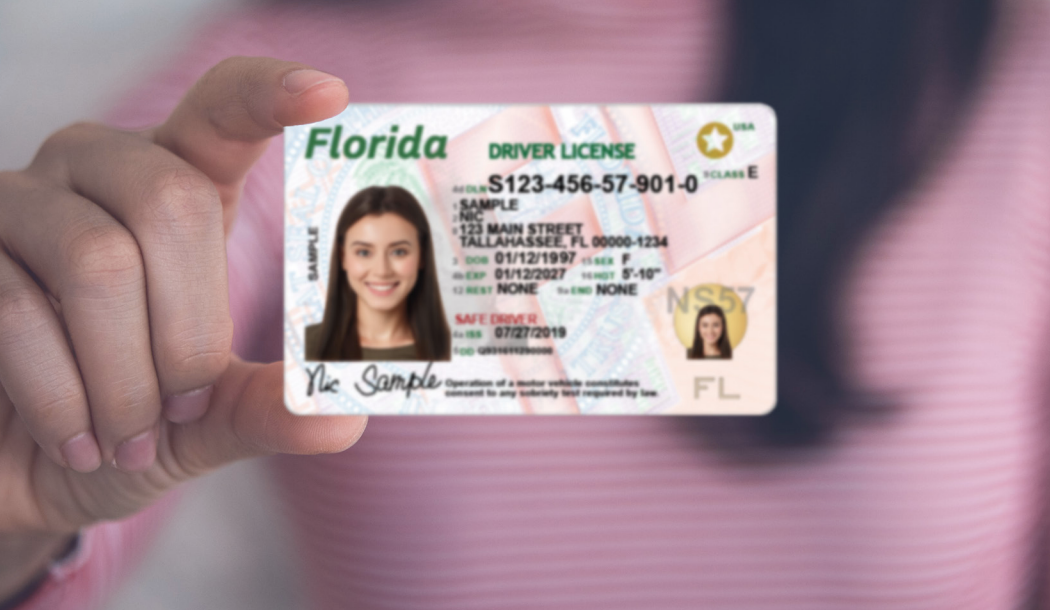In a world where identity can be as fluid as social media profiles, IDGod has carved out a niche that raises eyebrows and sparks debate. This online service claims to offer high-quality fake IDs, catering to those who find themselves in need of an alternative identity—whether for fun or necessity. But what exactly lies behind the curtain of this controversial operation? As demand for these services grows, so do the questions surrounding legality, ethics, and personal experiences. Let’s dive into the captivating—and often contentious—realm of IDGod and explore what makes it both alluring and alarming at the same time.
The controversy surrounding fake IDs and the demand for them
The world of fake IDs is shrouded in controversy. Many people see them as a shortcut to freedom—gaining access to age-restricted venues or purchasing alcohol before reaching the legal age.
This demand reflects broader societal trends. Young adults often feel pressure to fit in, leading them to seek ways around regulations. The desire for independence can drive risky decisions.
On the flip side, the production and distribution of fake identification raise serious concerns about legality and ethics. Law enforcement takes these issues seriously, cracking down on services that facilitate such transactions.
Moreover, there’s a growing awareness about identity theft risks associated with using fake documents. Users may unknowingly expose themselves to scams or other dangers while trying to navigate this underground market.
As attitudes shift towards authenticity and transparency, the debate surrounding fake IDs continues to heat up.
The legal implications of using a fake ID
Using a fake ID can lead to serious legal consequences. Many may not realize that possessing or using such identification is a crime in most jurisdictions.
The penalties vary, but they often include hefty fines and even jail time. For instance, some states treat it as a misdemeanor, while others elevate it to a felony based on the intent behind its use.
Additionally, being caught with a fake ID can result in more than just legal trouble. It can have lasting effects on your record and future opportunities. Employers and schools often conduct background checks that could reveal any criminal activity related to identity fraud.
Furthermore, purchasing fake IDs from services like IDGod doesn’t guarantee safety either. Law enforcement agencies actively monitor these operations, which adds another layer of risk for users who think anonymity is assured online.
Customer experiences with IDGod: positive and negative reviews
Customer experiences with IDGod vary widely, reflecting the complex nature of its services. Many users praise the site for its user-friendly interface and quick delivery times. They often mention that their IDs arrived as promised and looked remarkably authentic.
However, not all feedback is positive. Some customers report issues such as receiving poorly crafted IDs or facing difficulties in reaching customer service for assistance. These negative experiences can lead to frustration, especially when expectations do not meet reality.
A number of buyers also express concern about the legal risks involved. While they appreciate having access to a fake ID, many are aware of potential consequences if caught using one. The excitement of obtaining an ID sometimes dims when contemplating these implications.
This mix of satisfaction and disappointment paints a nuanced picture of what it’s like to engage with IDGod’s offerings.
Alternatives to using IDGod’s services
For those looking to avoid IDGod, several alternatives exist. One option is obtaining a state-issued identification card or driver’s license legally. It’s the safest route for verification.
Another choice is using age verification services that operate within legal boundaries. These platforms ensure compliance while still allowing users access to age-restricted content and services.
Peer-to-peer rental agreements for shared experiences can also serve as an alternative. Some local businesses allow adults to rent equipment based on personal trust without needing formal IDs.
Additionally, consider documentation like passports or student IDs when necessary. While they may not always suffice, some venues accept various forms of identification beyond just standard licenses.
Exploring these options helps individuals navigate their needs without resorting to questionable methods, fostering responsible choices instead.
The role of social media in promoting and regulating fake IDs
Social media platforms have become a double-edged sword in the realm of fake IDs. On one hand, they provide a marketplace for users to seek out services like IDGod. Instagram and TikTok are rife with posts showcasing flashy images of counterfeit cards, often glamorizing their use among younger audiences.
On the flip side, these platforms also play a pivotal role in regulation. Many social media companies actively monitor and remove content promoting illegal activities, including the sale of fake identification.
This creates an ongoing cat-and-mouse game between providers and regulatory efforts. Users may find themselves caught off guard when accounts get shut down or specific hashtags become banned overnight.
Furthermore, communities on social media can serve as cautionary tales. Users share experiences—both good and bad—about their encounters with IDGod or similar services, influencing prospective customers’ decisions through peer feedback.
Conclusion: the ethical considerations of using a fake ID service like IDGod
The use of services like IDGod raises significant ethical questions. The desire for a fake ID can stem from various motivations, such as gaining access to age-restricted venues or evading legal scrutiny. However, relying on these services often leads individuals down a precarious path.
Using a fake ID not only breaches trust but also undermines the legal framework designed to protect public safety and order. Engaging with sites like IDGod places users at risk of facing severe penalties if caught. Moreover, it opens up potential avenues for identity theft and fraud.
Ethically speaking, one must consider the implications of supporting an industry that thrives on deception. While some may argue it’s simply harmless fun, others highlight the broader impact on society’s norms and values regarding honesty and accountability.
As online identity services continue to evolve amidst rising demand, it’s vital for individuals to reflect on their choices carefully. The allure of convenience should never overshadow the importance of integrity in our interactions—both online and offline.
